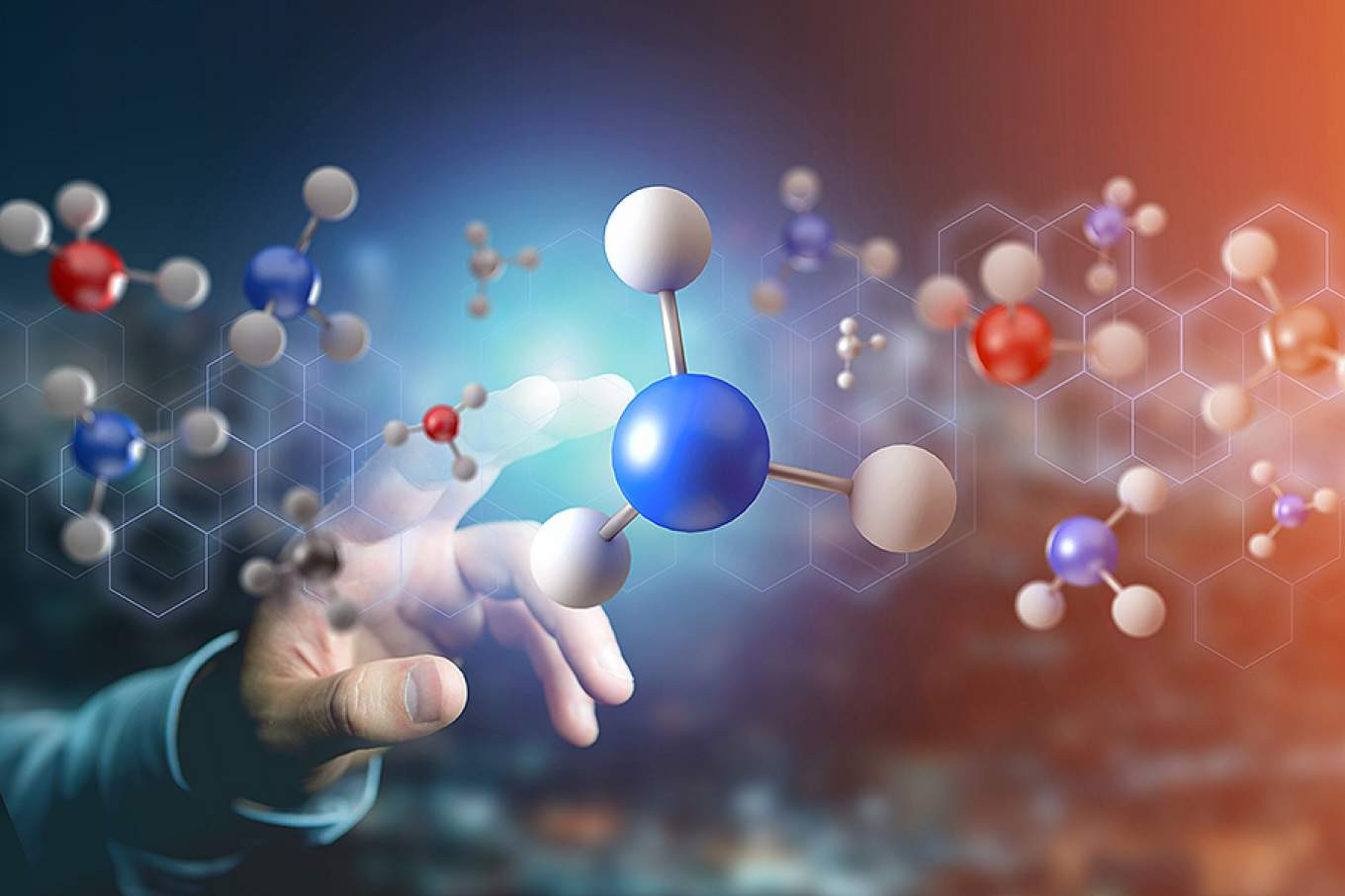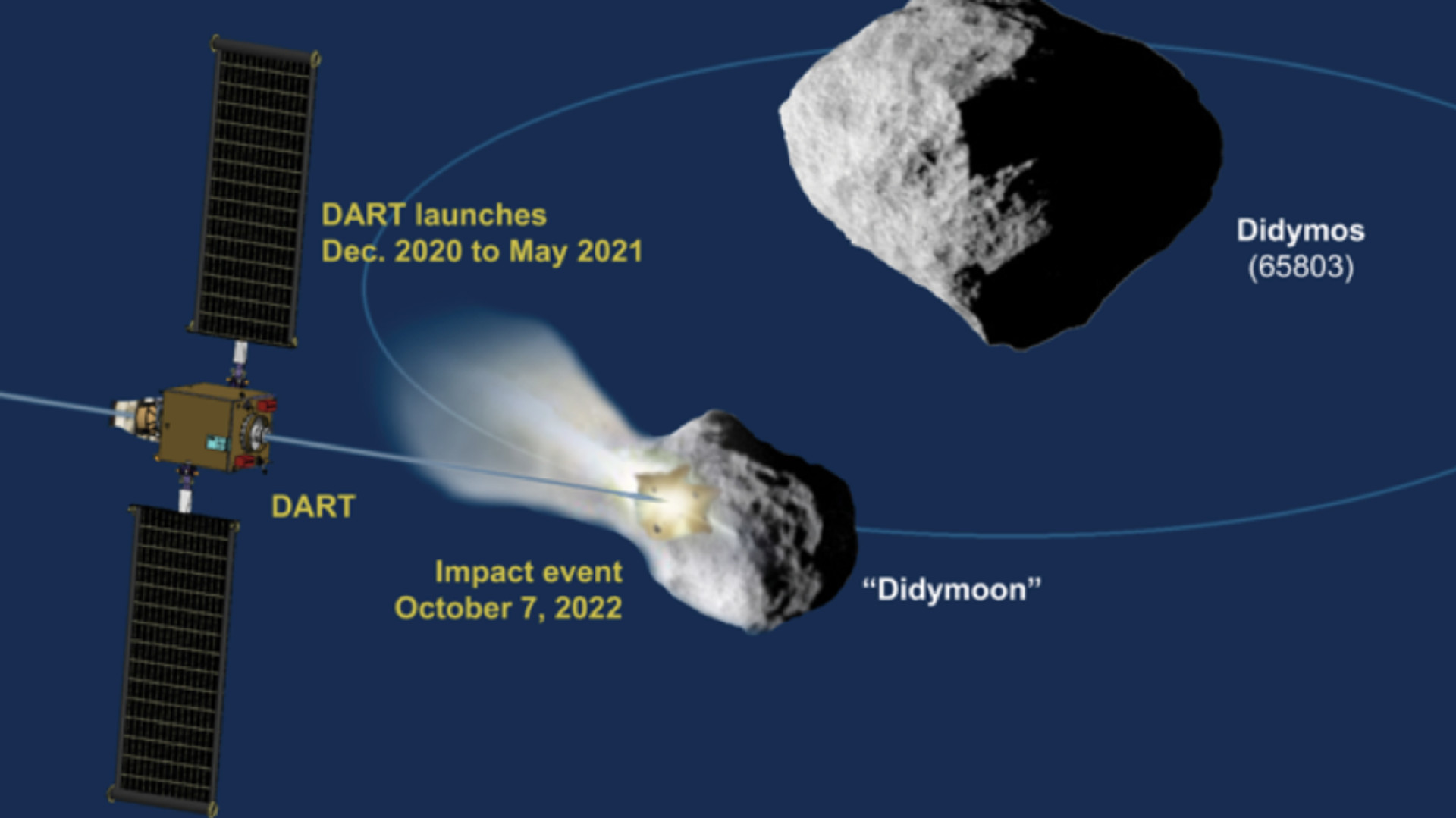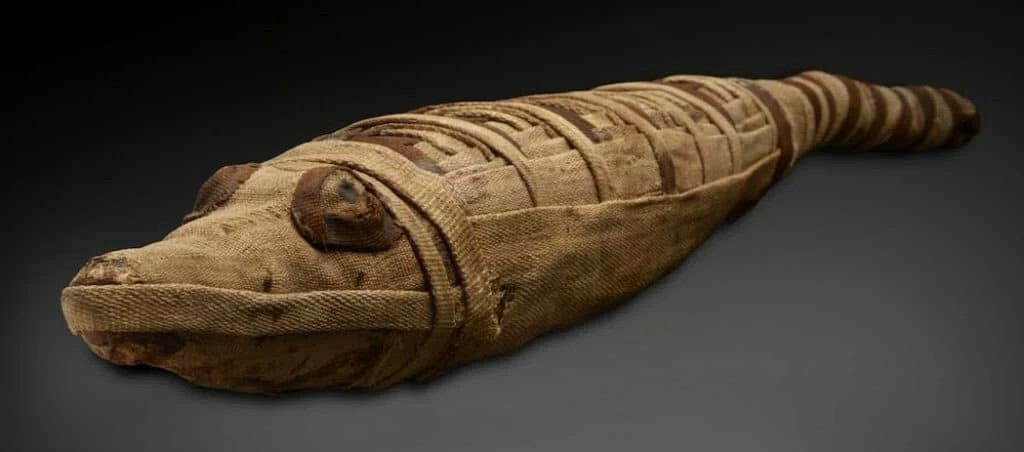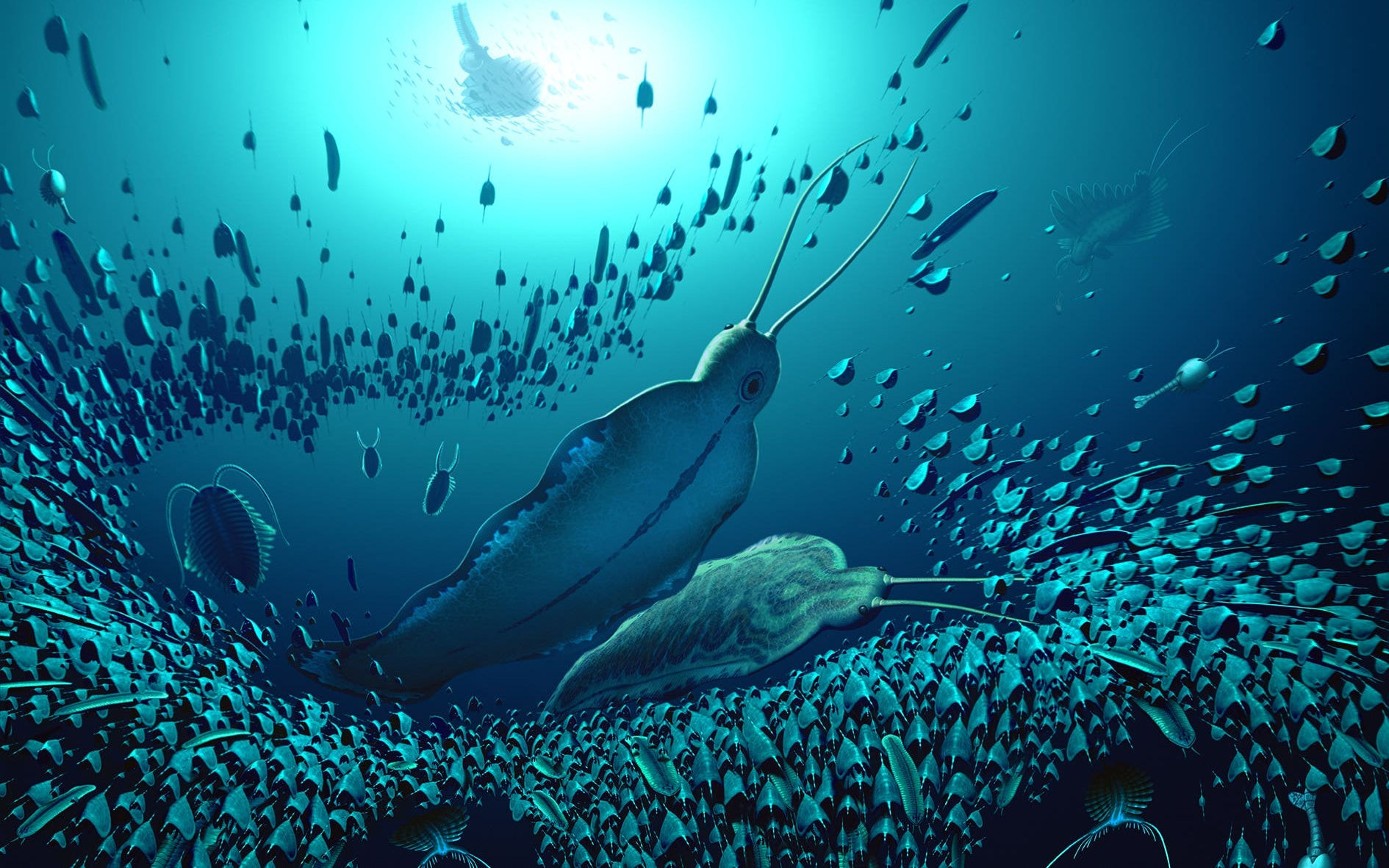The winners of the 2024 Nobel Prize in Chemistry are David Baker for computational protein design, plus Demis Hassabis and John M. Jumper for an AI model used for protein structure prediction. The prize is worth 11 million Swedish kronor (around US$1 million at time of publishing), half of which will go to Baker and the other half will be shared by Hassabis and Jumper.
Proteins are the building blocks of life, not just something for gym-goers to grow their muscles – they are crucial for biological functions. Hormones, enzymes, and antibodies are examples of proteins. Proteins help make up the different tissues in our bodies and allow our bodies to work.
Proteins are chains of smaller molecules called amino acids. There are hundreds of amino acids in nature, but life on Earth uses 20. Thanks to different arrangements in the chains of amino acids and variations in folding, proteins exist in a myriad of forms and functions, and the Nobel Prize this year recognizes discoveries related to two aspects of this.
In 2003, David Baker and his team were the first to design a completely new protein unlike any other seen before. This has led to the development of more and more new proteins that have found applications in drug development, vaccines, and even tiny sensors.
The other half of the prize focuses on understanding how a series of amino acids leads to certain protein structures in the first place. A quest that started in the 70s was finally solved four years ago when the Google DeepMind team used AI - which also helped two scientists win the Nobel Prize in Physics this year - to understand how the three-dimensional structure of proteins forms.
With the machine learning AlphaFold2, Hassabis, Jumper, and their team were able to predict the structure of virtually all 200 million known proteins. Over two million people have used the AI model, leading to applications from fighting antibiotic resistance to developing enzymes that can decompose plastic.
“One of the discoveries being recognised this year concerns the construction of spectacular proteins. The other is about fulfilling a 50-year-old dream: predicting protein structures from their amino acid sequences. Both of these discoveries open up vast possibilities,” Heiner Linke, Chair of the Nobel Committee for Chemistry, said in a statement.
The Power of Protein Prediction
The Nobel Committee highlighted the impact of AlphaFold2, stating that it acts as a “Google search” for protein structures, providing instant access to predicted models of proteins, accelerating progress in fundamental biology and other related fields. This ability to rapidly predict protein structures has been instrumental in advancing our understanding of life's fundamental processes.
Designing the Future of Proteins
David Baker’s research has focused on the development of computational tools that allow scientists to design new proteins with entirely novel shapes and functions. His groundbreaking work has the potential to revolutionize fields like medicine and materials science. Baker’s team has already designed proteins with applications in pharmaceuticals, vaccines, and nanomaterials. His work has also led to the creation of tiny sensors capable of detecting specific molecules.
A New Era of AI-Driven Science
The 2024 Nobel Prize in Chemistry is a testament to the transformative power of AI in scientific discovery. The breakthroughs achieved by Baker, Hassabis, and Jumper have not only advanced our understanding of proteins, but also opened up a new era of AI-driven science with endless possibilities. The combination of computational protein design and AI-powered protein structure prediction represents a powerful synergy that promises to revolutionize various fields, from medicine to materials science and beyond.
Looking Ahead: A World Shaped by Proteins
The future holds vast potential for the applications of these discoveries. Imagine a world where new vaccines can be developed more quickly and efficiently, where life-saving drugs are customized to individual needs, and where materials with unprecedented properties are engineered for a wide range of applications. This is the world that Baker, Hassabis, and Jumper have helped us envision, a world shaped by the incredible power of proteins and the innovative application of AI.


















